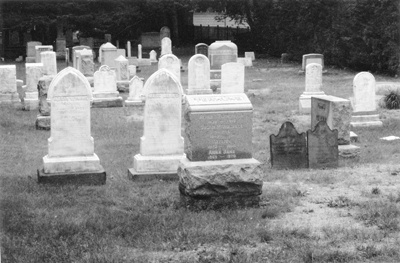All Nonfiction
- Bullying
- Books
- Academic
- Author Interviews
- Celebrity interviews
- College Articles
- College Essays
- Educator of the Year
- Heroes
- Interviews
- Memoir
- Personal Experience
- Sports
- Travel & Culture
All Opinions
- Bullying
- Current Events / Politics
- Discrimination
- Drugs / Alcohol / Smoking
- Entertainment / Celebrities
- Environment
- Love / Relationships
- Movies / Music / TV
- Pop Culture / Trends
- School / College
- Social Issues / Civics
- Spirituality / Religion
- Sports / Hobbies
All Hot Topics
- Bullying
- Community Service
- Environment
- Health
- Letters to the Editor
- Pride & Prejudice
- What Matters
- Back
Summer Guide
- Program Links
- Program Reviews
- Back
College Guide
- College Links
- College Reviews
- College Essays
- College Articles
- Back
Life, Death, and The Book Thief
The Book Thief, by Markus Zusak, is not your average World War 2 historical fiction novel. Zusak tells the story of Liesel Meminger, a foster child growing up in the fictional town of Molching, Germany from 1939-1943 through the lens of Death. Death, the spiritual narrator of The Book Thief, gathers up souls for a living from war-torn lands across the world. And, with each soul, there’s a story -- Liesel’s life being one of them, which Death is relaying to us. By choosing Death as The Book Thief’s narrator, Zusak has surely made his book stand out. After all, I’ve never read a book with a narrator anything like Death, who occasionally spoils Liesel’s life story now and then in asides and footnotes. I find his presence in The Book Thief enjoyable and see him as an interesting storytelling mechanic.
Another major difference between The Book Thief and other historical fiction pieces about the Nazis and World War 2 is that Zusak’s book does not focus on a persecuted protagonist. Liesel Meminger is not Jewish herself, nor is her foster family. However, they weren’t cold-blooded Nazis either. Families like the Hubermanns and Steiners rebelled against the NSDAP several times: from hiding a Jewish person (Max Vandenburg), to feeding bread to Jewish people in “death marches”, to skipping Hitler Youth meetings. Although these people were forced into becoming Nazi Party members, they were anything but Nazis. It’s this side of history that we tend to look over: the voiceless and often powerless Germans who desperately tried to help the Jewish, as well as other persecuted groups amidst the Nazi Party’s rule. In my opinion, The Book Thief’s mission was to remind us of these people -- these forgotten saviors often tossed aside with the bad apples in Nazi Germany. For me, it has accomplished this mission well.
If there’s one thing that The Book Thief has proved, it’s that Zusak is an excellent writer. Every character he has written into the story is three-dimensional, each with their own unique personalities, important life events, ways of talking (dialogue), etc. For example, it’s easy to tell when Rudy Steiner is speaking vs. when Hans Hubermann is speaking; the former excessively curses all of the time, while the latter barely speaks his mind. The symbolism found throughout the novel helps propel its greatness even further. An example of this is Liesel’s increasing collection of books as the novel progresses, symbolizing her strength with words and writing -- with the end goal of using it to “fight back” against the Nazis one last time. Who could forget Zusak’s imagery as well? Lines such as “...the kitchen cupboards were the shape of guilt, and his palms were oily with the memory of what he’d done.” beautifully illustrate the situations that Liesel finds herself in.
The Book Thief is a historical novel that stands out when compared to other World War 2 books. For starters, the book’s narrator is Death, giving readers a peculiar perspective into the world of Liesel Meminger. Through breathtaking symbolism and imagery, Zusak has provided us with a look into World War 2 that is often ignored: a look into the world of the Germans who (reluctantly) called themselves Nazis, while in actuality betrayed their party and assisted the Jewish and other persecuted groups. All in all, I would say The Book Thief is an excellent book for readers of all ages, with exemplary writing tucked between its covers.

Similar Articles
JOIN THE DISCUSSION
This article has 1 comment.
179 articles 54 photos 1026 comments
Favorite Quote:
The universe must be a teenage girl. So much darkness, so many stars.<br /> --me